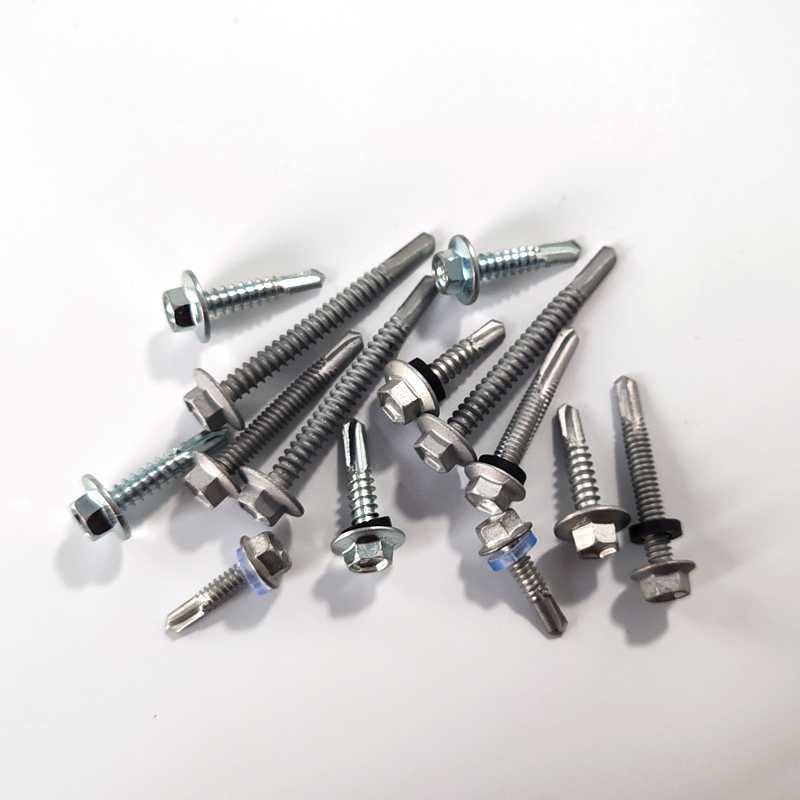Innovative Chemical Bolts for Enhanced Concrete Bonding and Structural Integrity
The Integration of Chemical Bolts in Concrete Applications
In the realm of construction and civil engineering, the reliability and integrity of connections are paramount. One of the innovations that have gained immense popularity in this field is the use of chemical bolts in concrete applications. This advancement not only enhances the efficacy of fastening systems but also allows for greater flexibility in construction design.
Chemical bolts, often referred to as chemical anchors, are a type of anchoring system that utilizes a resin-based adhesive to bond fasteners to concrete. This method contrasts with traditional mechanical anchors, which rely on physical expansion or deformation to create a secure fit in the base material. The chemical adhesive used in conjunction with these bolts provides a range of benefits that make them increasingly favorable for various applications.
One of the primary advantages of chemical bolts is their superior load-bearing capacity. The resin bonds effectively with the concrete, distributing loads more evenly compared to mechanical anchors. This is particularly crucial in high-stress applications such as securing heavy machinery, structural reinforcements, or in seismic-prone areas where traditional bolts may fail under intense pressure. The chemical bonding also offers the ability to install bolts in cracked or weakened concrete, where mechanical anchors may prove inefficient.
Another significant benefit of chemical bolts is their ease of use. The installation process is relatively straightforward, requiring minimal tools. After drilling a hole into the concrete, the resin is injected into the hole, followed by inserting the bolt. This process allows for the quick and efficient placement of anchors, reducing labor time and associated costs. Additionally, chemical bolts offer flexibility in placement — they can be installed in various orientations, including overhead and at angles, without the limitations often seen with mechanical systems.
chemical bolts concrete

In terms of safety, chemical anchors present an advantage due to their resistance to vibration and dynamic loads. In environments subject to movement, such as industrial settings or areas with heavy foot traffic, chemical bolts provide a reliable solution that minimizes the risk of loosening over time. This stability is essential not only for the longevity of the structures but also for the safety of individuals working or living in proximity to these installations.
The versatility of chemical bolts extends across many construction applications. They are routinely used in projects ranging from residential homes to skyscrapers, bridges, and infrastructure installations. In addition to conventional uses, chemical bolts are also employed in specialized applications like road signs, utility poles, and even in underwater constructions where traditional anchoring methods may fail due to water pressure and corrosion risks.
However, the implementation of chemical bolts is not without challenges. One of the key considerations is the cure time for the resin, which can vary based on temperature and humidity conditions. Proper care must be taken to ensure the adhesive achieves full strength before the bolts are subjected to loads. Furthermore, the selection of the right type of resin is critical; newer formulations are continuously being developed to offer improved performance and environmental resistance.
As the construction industry moves toward more sustainable practices, the durability and reliability of chemical bolts align well with eco-friendly initiatives. Many manufacturers are now producing resins that are low in volatile organic compounds (VOCs), contributing to greener building practices.
In conclusion, the incorporation of chemical bolts in concrete applications represents a significant leap forward in anchoring technology. Their superior load capacity, ease of use, and flexibility make them an attractive choice for a wide array of construction projects. As continue to innovate and incorporate sustainable practices, chemical bolts will likely play a critical role in shaping the future of construction. The versatile applications, reliability under stress, and safety features of chemical bolts not only enhance structural integrity but also pave the way for advancements in construction techniques, making them an invaluable asset in modern engineering.
-
Weatherproof Plastic Expansion Anchors for OutdoorNewsJun.06,2025
-
Sustainability in the Supply Chain: Eco-Friendly TEK Screws ProductionNewsJun.06,2025
-
Load-Bearing Capacity of External Insulation FixingsNewsJun.06,2025
-
Double Head Bolts: Enhancing Efficiency in Industrial MachineryNewsJun.06,2025
-
Corrosion Resistance in Chipboard Screws: Coatings for Wholesale DurabilityNewsJun.06,2025
-
Butterfly Toggle Bolts : Enhancing Structural ResilienceNewsJun.06,2025
